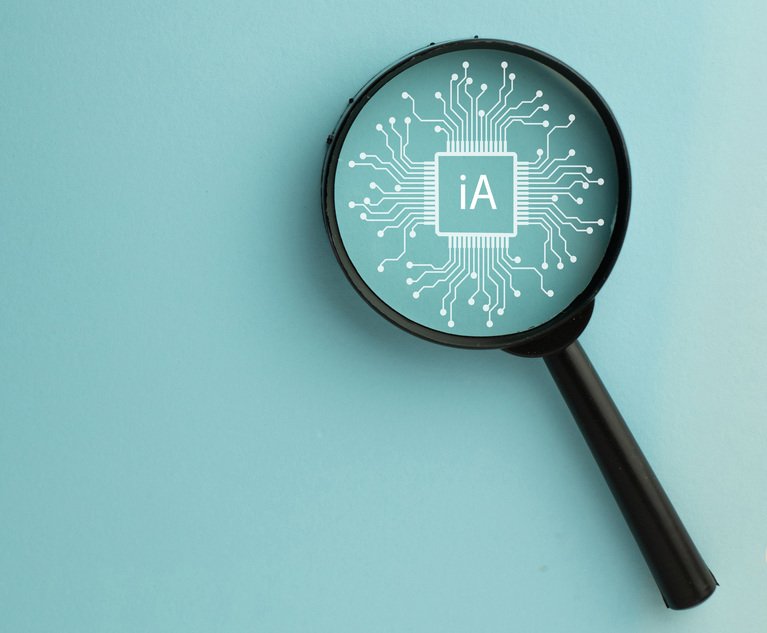Cross-border discovery is not a new phenomenon. Nor is the conflict that exists between broad U.S. discovery principles, on the one hand, and far more limiting laws of foreign countries, on the other.
The issue, though, takes on new significance with the U.S. Supreme Court’s acceptance of certiorari last month in Microsoft v. United States, where the Second Circuit quashed a search warrant seeking production of emails located on Microsoft’s digital server in Ireland. In re Warrant to Search a Certain E-Mail Account Controlled and Maintained by Microsoft, 829 F.3d 197 (2d Cir. 2016), rehearing en banc denied, 855 F.3d 53 (2d Cir. 2017), cert. granted, 2017 WL 2869958 (U.S. Oct. 16, 2017).
This content has been archived. It is available through our partners, LexisNexis® and Bloomberg Law.
To view this content, please continue to their sites.
Not a Lexis Subscriber?
Subscribe Now
Not a Bloomberg Law Subscriber?
Subscribe Now
LexisNexis® and Bloomberg Law are third party online distributors of the broad collection of current and archived versions of ALM's legal news publications. LexisNexis® and Bloomberg Law customers are able to access and use ALM's content, including content from the National Law Journal, The American Lawyer, Legaltech News, The New York Law Journal, and Corporate Counsel, as well as other sources of legal information.
For questions call 1-877-256-2472 or contact us at [email protected]


 Philip M. Berkowitz
Philip M. Berkowitz




